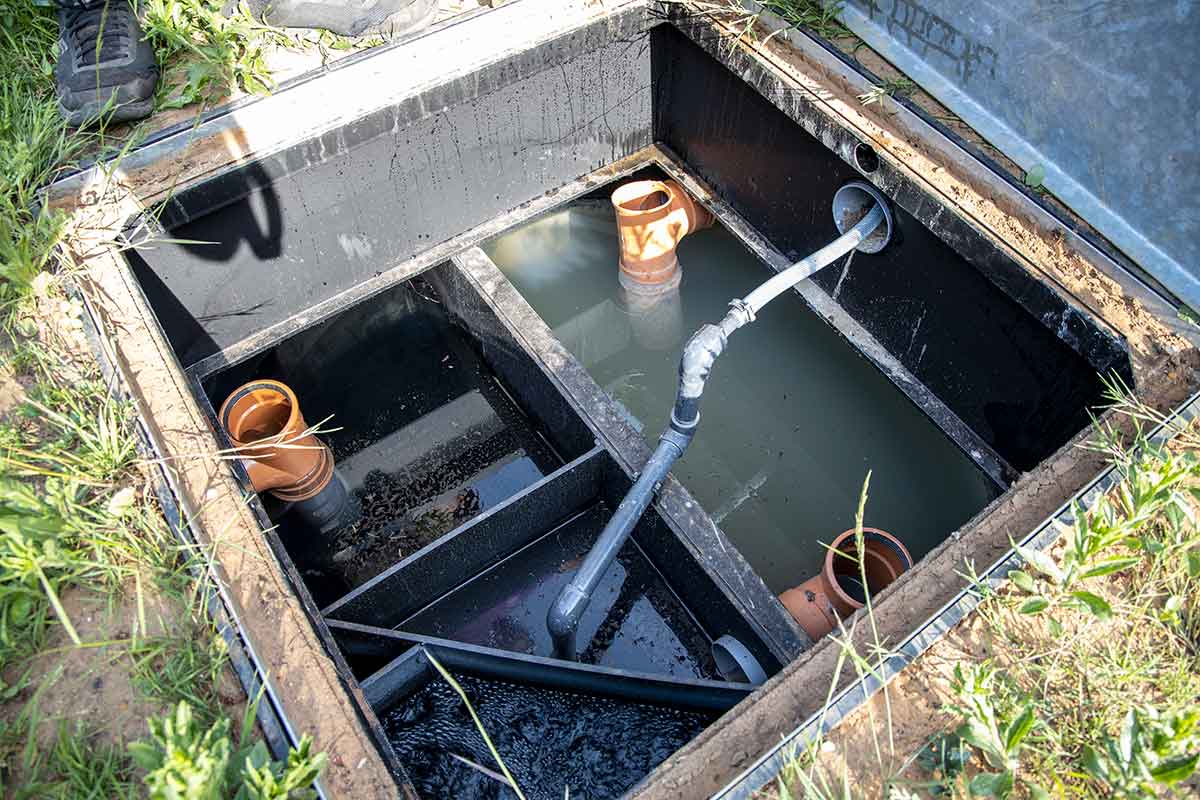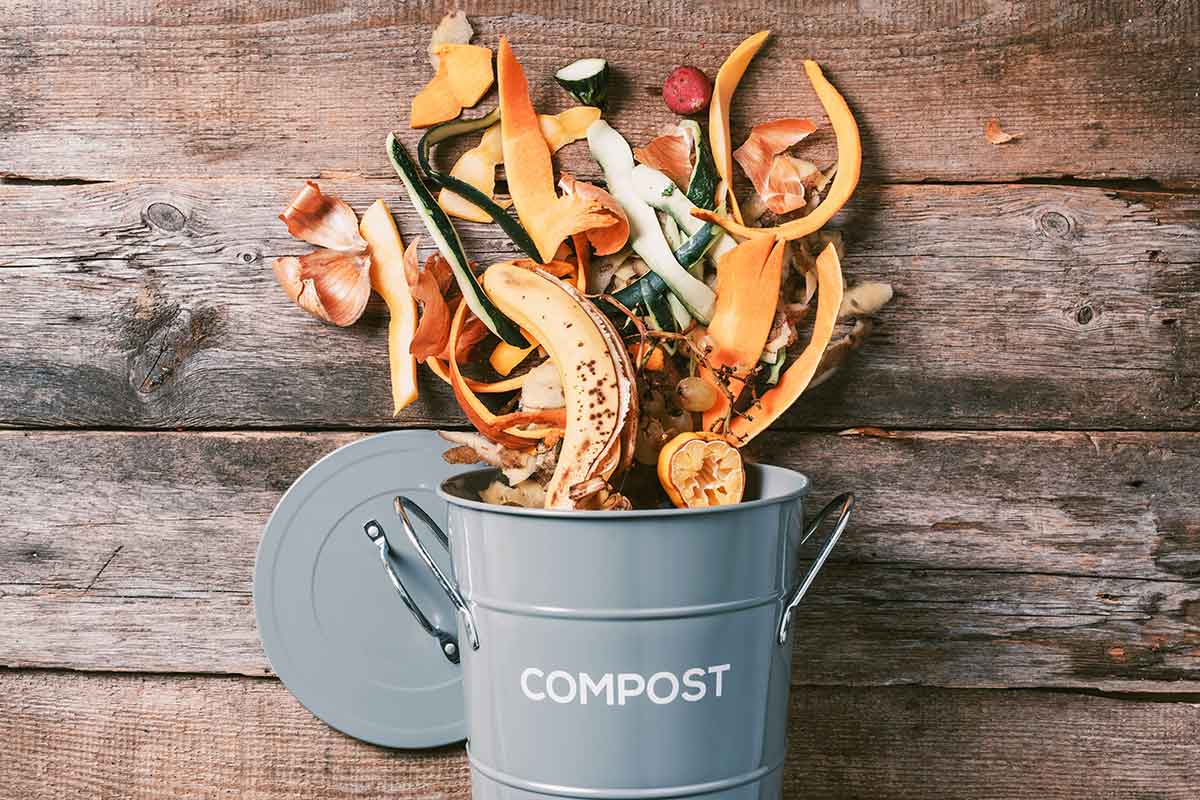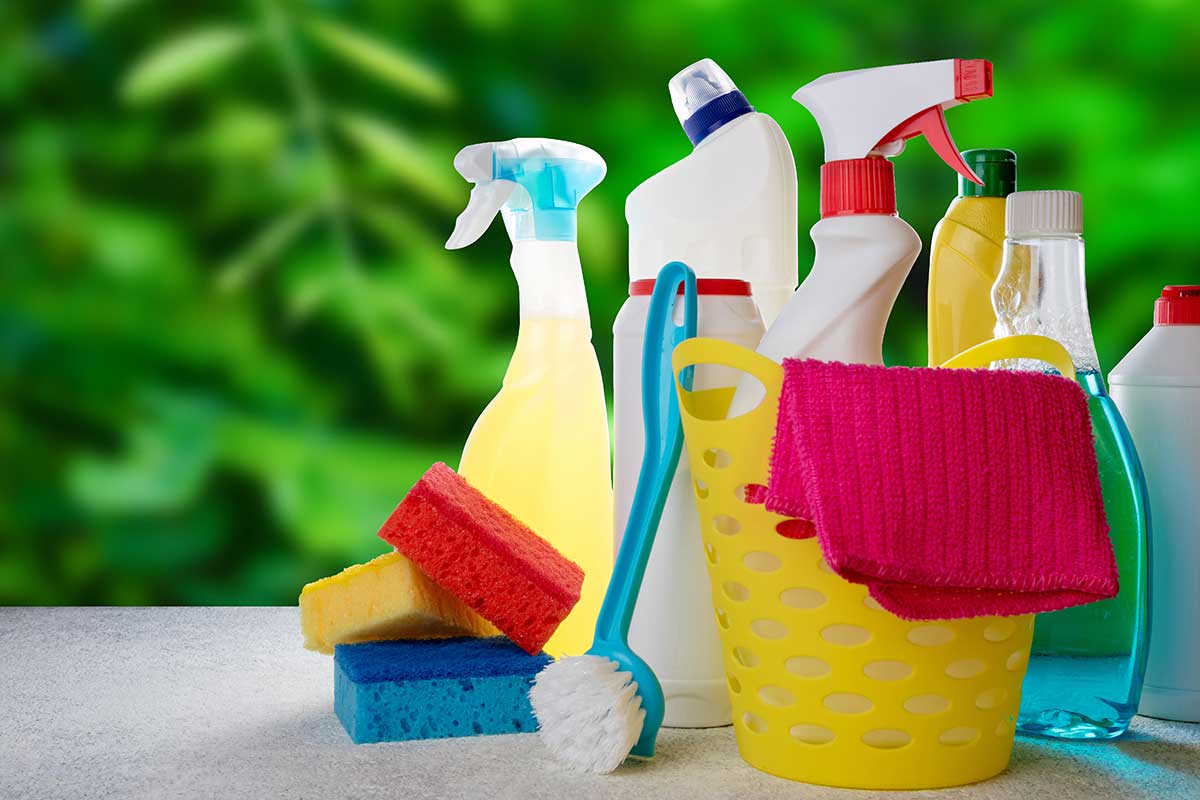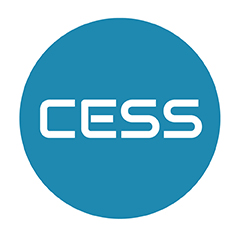Prevention, as doctors are fond of saying, is often the best cure. Just like the human body, sewage treatment plants and septic tanks need some pre-emptive TLC to stay healthy. Small details, such as using the right type of washing detergent and disposing of waste correctly, can prolong the life of your off-mains sewage system by years.

Using the correct chemicals and understanding the biological system within your sewage system is key to maintaining its health. Sewage treatment plants work by breaking down and cleaning waste with bacterial cultures , ensuring that waste water is cleansed to a standard that is safe into release into the environment. If certain chemicals get into the system, the biological cultures can breakdown and reduce its efficiency.
So, what are the golden rules to bear in mind? The good news is that there aren’t many. What’s more, you can easily maintain your system’s health without ever having to interact with the actual unit itself. Let’s look at some of the most commonly asked questions around taking care of your sewage treatment plant…
Can food waste damage my sewage treatment plant?

Yes. Even with a waste disposal unit, food waste can add clog up your sewage systems, cause binding within the drainage field and damage the good bacterial cultures that are the key to a healthy sewage treatment plant. Food waste should be dispose of in the bin or, better still, composted. This way is not only cheaper, but better for the environment.
What else shouldn’t I dispose of in the sink / toilet?
Here are the most common types of household waste that definitely shouldn’t be disposed of down the toilet or sink when using off-mains sewage systems:
- Non-biodegradable items – this include nappies, sanitary towels, tampons, baby wipes, cotton wool, buds, rubber items. The same advice applies to main drainage, all of the items mentioned will quickly block waste pipes.
- Medicine or mouth wash – antibiotics in medicine (liquid or solid) can dissolve the bacteria in your sewage treatment plant, making the “treatment” bit impossible. The same goes for mouth wash.
- Antibacterial hand–wash – as inconvenient as it may sound with Covid-19 still upon us, antibacterial hand wash dispensers are not good for sewage systems. Use a simple alcohol-based rub instead.
- Oil, fat or grease – grease and cooking oil should never be disposed of in domestic drainage systems, and this included sinks and toilets. Fats can quickly block mains drainage systems but are particularly harmful to septic tanks and sewage treatment systems.
- Household bleach – while safe in small amounts, too much bleach will damage the biological cultures in your sewage treatment plant if used liberally (see next section.)
- DIY products – do not dispose of paint, thinners or any kind of brush cleaning chemicals down the drains and the same is true for other chemicals such as motor oils and automotive fluids.
What cleaning products should I use?

Quality, consistency and quantity are the main factors here. Sewage treatment plants must cope with frequent discharge from washing machines and dishwashers. The type of detergent you use – as well as the frequency of your washes – can affect the performance of your system. It is also important not to change types and brands of detergents regularly. Here are some basic detergent rules to follow:
- Use liquids, not powders, in your washing appliances. Liquids are kinder to the bacteria in sewage treatment plants and washing powders can re-coagulate and cause blockages.
- Don’t mix and match brands. Sticking to the same the same product will allow the bacteria in your sewage unit to become used to chemicals.
- Avoid strong beach and concentrated or “compact” detergents, as it’s easy to put in a too-high dose. Look instead for detergents marked “septic-safe”, or products with a mild or eco-friendly formula.
- Try to limit how often you use your dishwasher or washing machine. Multiple washes a day may rapidly degrade the performance of your septic tank or sewage treatment plant, even when using a gentle detergent.
For a more in-depth look at how to protect your sewage unit, British Water’s Code of Practice is a good place to start. Meanwhile, our own sewage treatment experts are happy to answer any questions you may have – just call or email.
